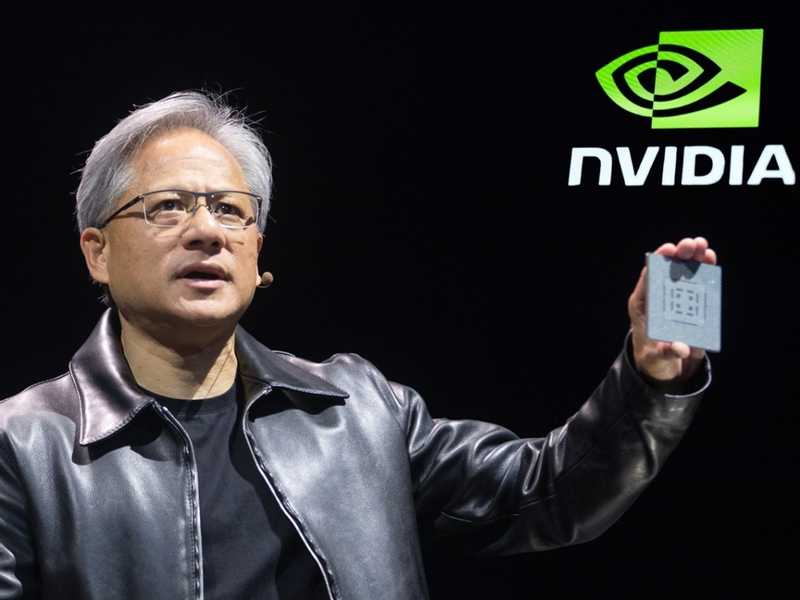"NVIDIA" prevé soluciones realistas para la computación cuántica en los próximos años... Huang: "Estamos al borde de un momento de transformación".

Jensen Huang, CEO of Nvidia, expressed optimism about the future of quantum computing, confirming that this technology will soon be able to address real-world problems in various fields.
This came during his keynote speech at the GTC Paris developers conference on Wednesday, June 11, where he said: "Quantum computing is approaching a turning point."
What is Quantum Computing?
Quantum computers rely on the principles of quantum mechanics to solve complex problems beyond the capabilities of traditional computers. While conventional computers store data in "bits" (0 or 1), quantum computers use "qubits," which can be zero, one, or in a quantum state between them, allowing for the processing of vast amounts of data at super-fast speeds. This technology has the potential to revolutionize fields such as medicine, science, and finance.
Investment Boom and Stock Rise
Quantum computing companies have seen significant growth recently, with investors showing increased interest in stocks like Rigetti Computing and IonQ, which recently acquired Oxford Ionics for $1.1 billion. The stocks of both companies rose by 4.5% and 3.7% respectively in pre-market trading in the United States.
Huang also praised the "large community" of quantum computing companies in Europe, mentioning his meeting with representatives from the French startup "Pascal" on Tuesday evening.
Nvidia's Hybrid Solution and Changing Expectations
Huang talked about the CUDA Q platform, the hybrid solution that combines quantum and traditional computing, saying: "We are on the verge of using quantum computers in areas that can solve some of the most challenging problems in the coming years." He added: "We are living in an extremely exciting moment."
This statement marks a shift in Huang's stance, who had previously indicated that achieving practically useful quantum computers could take 20 years, describing expectations of 15 years as "premature."
His previous remarks had caused a decline in the stocks of several quantum companies, including Rigetti, IonQ, and D-Wave Quantum, before clarifying later that his comments were "misunderstood," expressing surprise at their significant market impact.
Global Interest on the Rise
Huang is not the only one seeing increased interest in quantum computing, as Google unveiled its new quantum chip "Bristlecone" last year, describing it as a "major breakthrough" in error correction techniques aimed at protecting quantum information from damage.
The race towards employing quantum computing to solve real-world problems seems to have entered a new phase, with expectations of major breakthroughs in the near future.